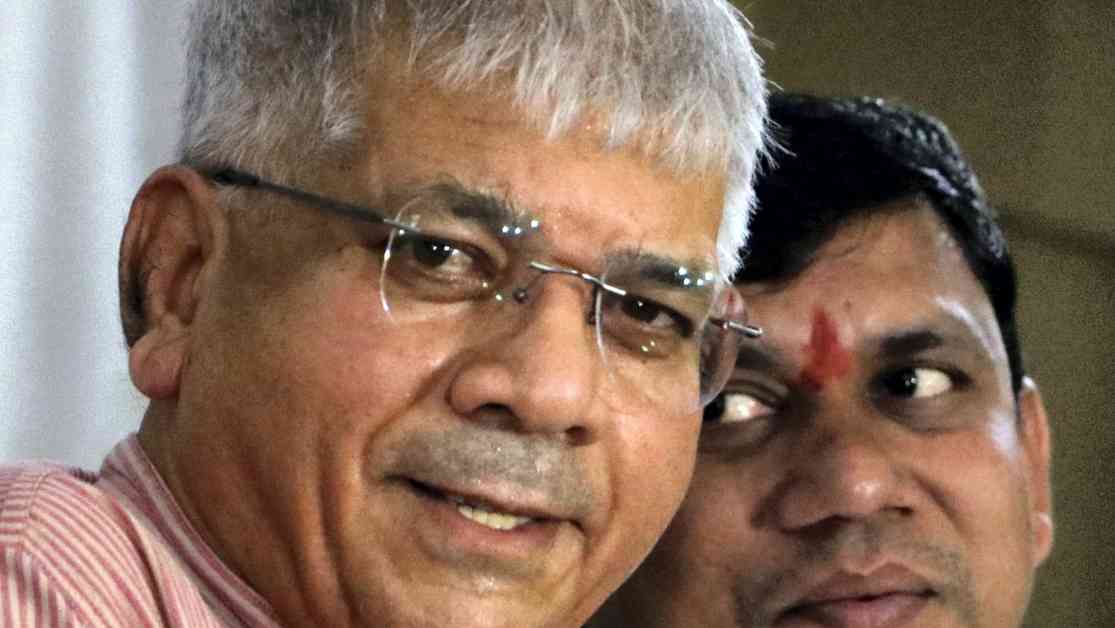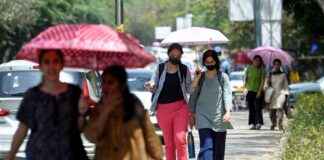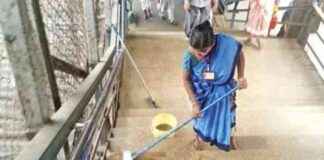The Maharashtra government’s recent decision to appoint a committee to examine the sub-classification of Scheduled Caste (SC) reservation has sparked controversy and debate just before the election regulations came into effect. The committee, chaired by retired Patna High Court Justice Anant Badar, has been given three months to submit recommendations and a draft plan following a Supreme Court ruling granting state governments the authority to sub-classify SC reservations.
The move aims to address disparities within the SC community in Maharashtra, where neo-Buddhists (formerly of the Mahar caste) are seen as the primary beneficiaries of the current 13% SC reservation. However, the decision has faced criticism from the Vanchit Bahujan Aghadi, led by Prakash Ambedkar, grandson of Dr. B.R. Ambedkar. The party condemned the government’s action, accusing the opposition Maharashtra Vikas Aghadi of indirectly supporting the move.
Before the code of conduct took effect, the government issued a total of 214 orders on October 15, including the formation of economic development corporations for various communities, approvals for irrigation projects, and fund allocations for agricultural initiatives across the state.
The sub-classification of SC reservation has been a contentious issue, with supporters arguing that it will help address the specific needs of different subgroups within the SC community. Critics, however, fear that it may lead to further division and discrimination within the community.
The appointment of the committee chaired by Justice Anant Badar indicates the government’s commitment to addressing these issues and ensuring fair and equitable distribution of reservation benefits. It remains to be seen what recommendations the committee will put forward and how they will impact the SC community in Maharashtra.
Overall, the decision to examine the sub-classification of SC reservation in Maharashtra has stirred up debate and criticism, highlighting the complex and sensitive nature of reservation policies in the state. As the committee begins its work, it is crucial for all stakeholders to engage in constructive dialogue and work towards solutions that promote social justice and equality for all members of the SC community.




















